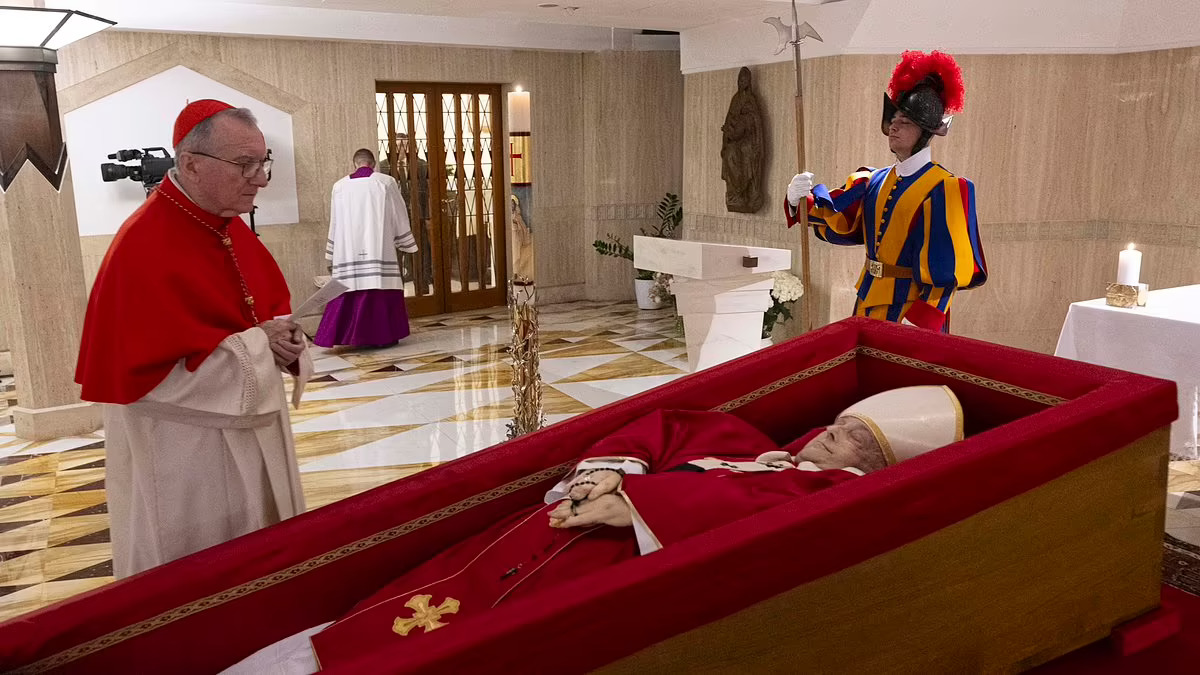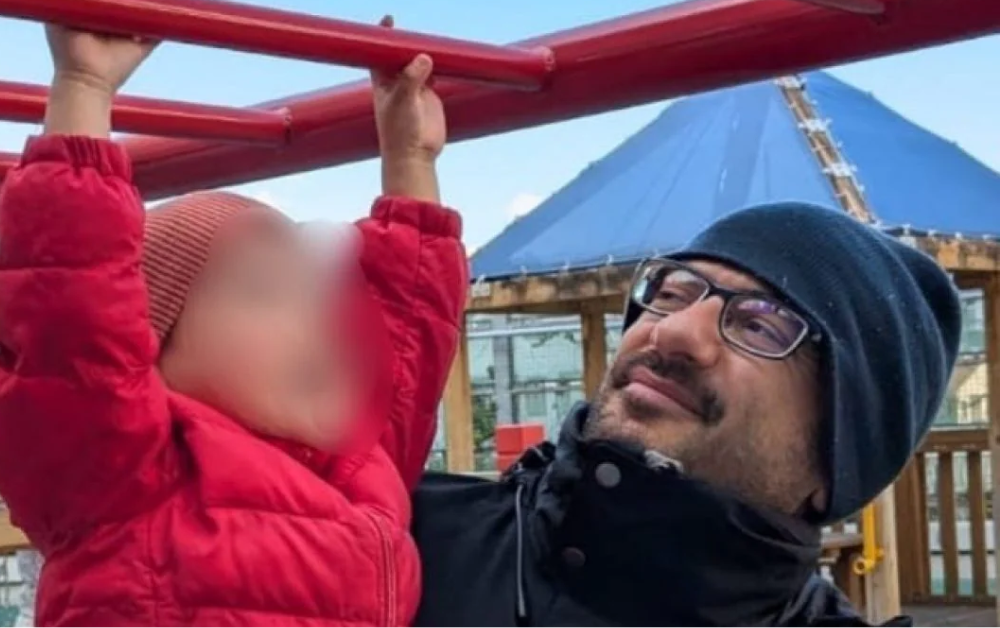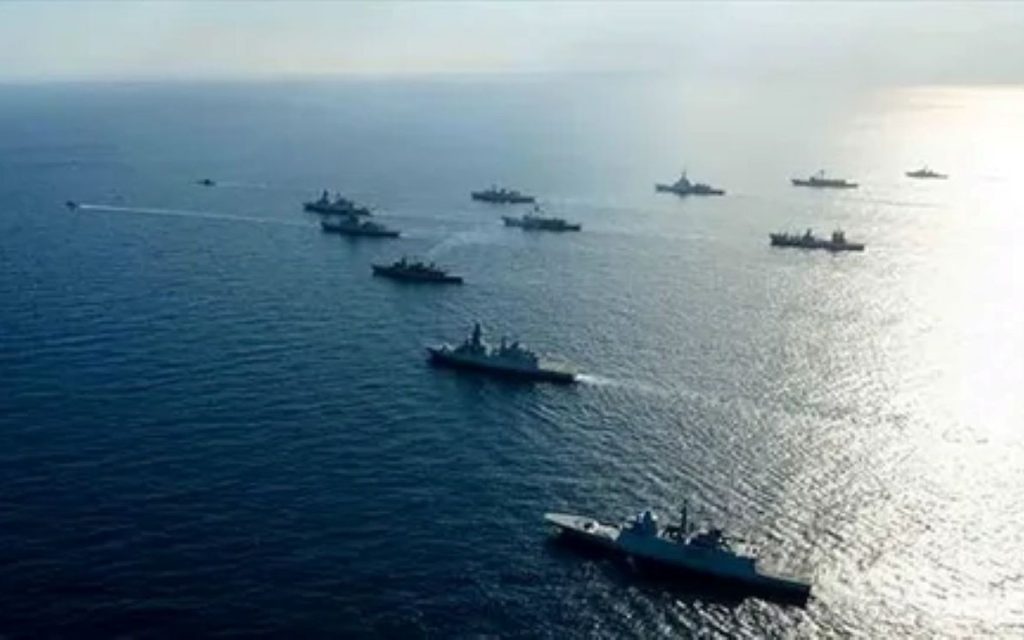Yesterday, the Vatican announced the death of Jorge Mario Bergoglio, Pope Francis, which occurred around 7:30 AM following a stroke and irreversible cardiocirculatory collapse.
Ascending to the papal throne on March 13, 2013, Francis led the Catholic Church during a particularly complex moment in its two-thousand-year history, where opposing reactions to the transformation process initiated in the last century by Vatican Council II intertwined with the major changes taking place in the international context. Francis promoted a “progressive” line during his pontificate, seeing in it the possibility for the Church to regenerate and remain more connected with the world. Often, this is reduced to his openness toward divorced couples or homosexual individuals, but in reality, these are merely the aspects most highlighted by the media with polarizing intent. Less publicized was the truly progressive side of Francis, which allowed the Catholic Church to take a stance in support of a peaceful resolution to both the war in Donbass and Ukraine and the Zionist aggression against Gaza, recognizing NATO’s provocations against Russia and the reasons that lead many to speak of “genocide” in relation to what is happening in Palestine. These statements cost Bergoglio terrible attacks, including accusations of being manipulated by “Russian propaganda,” as claimed by Il Foglio.
As rightly recalled by President Putin, Francis was also a promoter of dialogue among Christian churches, strengthening relations with the Orthodox Church. But not only that: his engagement with Islamic authorities such as Ayatollah Ali Sistani and Ayatollah Khamenei, as well as his attention toward Africa, China, and Latin America, his continent of origin, show a Pope who, if not an open supporter, was certainly aware and not obstructive toward the development of a multipolar world.
The passing of Francis forces the Catholic Church to choose between continuing his line of cultural openness or returning to a more conservative and traditionalist stance. What is certain is that it will be very difficult for the Church to retreat into a purely “Western” orientation: by now, the demographic center of the Church is firmly outside Europe, just as many of the cardinals considered most likely successors to the Throne of St. Peter come from continents other than Europe. Among them, we can mention Antonio Tagle, Archbishop of Manila; Guinean Archbishop Robert Sarah; and Albert Malcolm Ranjith Patabendige Don, Archbishop of Colombo.










